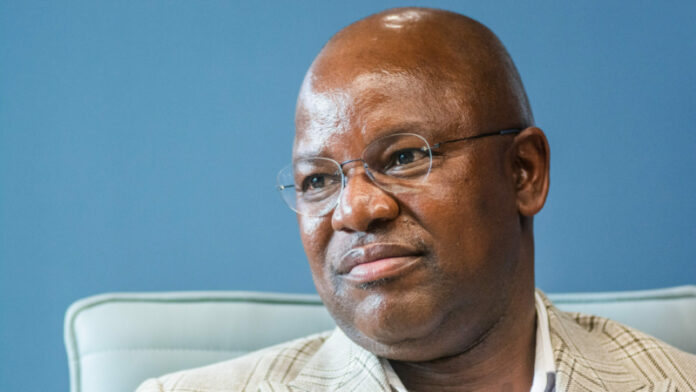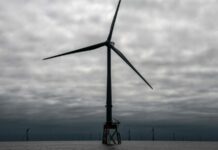
SOUTH African coal miner Thungela Resources will not embark on a share buy-back soon, despite having received a thumbs up from shareholders at its AGM in March this year.
“We can’t just buy back shares only because it got approved by shareholders. We have to be clear in our own minds that we have sustainable improvement in our performance and that the market fundamentals are beginning to point to a different trajectory,” said July Ndlovu, CEO.
He made these comments at the coal miner’s interim results announcement for the six months until end-June 2023.
Thungela generated an adjusted EBITDA of R4.4bn and an adjusted operating free cash flow of R4.3bn for the reporting period. Net profit was R3bn (R22.45 per share). An interim dividend of R10 per share was declared, resulting in R1.4bn that was returned to shareholders.
Regarding the share buyback, Deon Smith, CFO said that although a share buyback is still “high up on the board’s agenda” the timing and the merit of it needed to be right.
RMB Morgan Stanley said in a company note that the delay in the share buyback plan will be a disappointment. “Note (though) that the board has a blanket approval to buy back shares and could do so at any point.”
Ndlovu stressed that Thungela’s immediate priorities are finding capital for three key investments. One is the completion of the acquisition of the Ensham Coal Mine in Australia which is expected to conclude by end-August. Locally, Thungela is also focused on completing the operational lifespan of the Elders and Zibulo North Shaft projects which will require an investment of R3.8bn.
With the acquisition of Ensham, which will cost approximately R4.1bn, Thungela will have taken a significant step towards diversifying its portfolio internationally. Thungela is of the view that Zibulo North and Elders will enhance the quality of its portfolio and extend the life of the company’s business.
Transnet uncertainty
Thungela made clear that the company’s future performance hinges on two factors – the future of the price of thermal coal as well as Transnet Freight Rail’s performance. Although Transnet’s capacity improved in the second quarter of 2023 – despite two significant derailments in May – the question remains what will happen in the next four remaining months of the year, said Ndlovu.
These two fundamentals will also determine if Thungela will adjust the size and scope of its portfolio in future. “Depending on the trajectory of Transnet’s performance – whether it’s improving or worsening – we could do a number of things. But it’s not as straightforward as closing a mine.”
Thungela has updated its operational outlook for 2023 with export saleable production guidance for the year revised to between 11.5 milliton tons (Mt) and 12.5Mt. This is based on operations for the first six months of the year – and excluding the acquisition of Ensham.
It also revised the free-on-board (FOB) cost per export ton guidance, which is expected to be between R1,120 and R1,200 per ton, excluding royalties, based on a forecast benchmark coal price of $100 per ton.
Asked about Thungela’s involvement with the various work streams between government and corporate South Africa to help improve Transnet’s rail performance, Ndlovu said it will require “best of breed” to run some of government’s critical infrastructure. “With that I mean globally the fiscus of countries are stretched to the limit … the private sector has the skills and the capital to help provide the infrastructure.”
RMB Morgan Stanley said the conclusion of Ensham by month-end is positive news, as there had been fears that the deal “might have stumbled”, given delays in securing finance. The dividend that was declared was higher than RMB Morgan Stanley’s estimate of R8.











